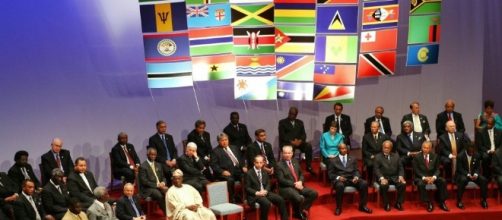Britain should be proud of its Commonwealth history. Since the UK joined the original Common Market in 1973, this nation's ability to trade with its former colonies has been hindered. Since the European Economic Community evolved into the European Union, this trading bloc has proved incapable of organising trade deals with the world's thriving economies. It took them seven years to agree on a trade deal with Canada, and they have still failed to secure one with Australia. Is it any wonder our closest allies have felt distant from Britain for a considerable period?
'Foreign Office's priority post-Brexit should be to reforge trading links with Commonwealth countries.'
The Foreign Office's priority post-Brexit should be to reforge trading ties with Commonwealth countries. It is evident the International Trade Secretary, Liam Fox, shares this belief. He has been promoting British trade with the Prime Minister since he was appointed to his position. And both of them have done a sterling job so far.
But credit also belongs to Her Majesty The Queen for preserving the Commonwealth's existence all these years. By doing so, she has helped secure the foundations for these proposed trade agreements. Brexit could restore the rest of the Commonwealth's confidence in the UK and reforge links that have been damaged since joining the Common Market.
As one Daily Telegraph article said, Britain never needed to join the EEC and the UK would be much wealthier as a result. It was never this nation's declining position in the world that caused our economy to shrink in the 1970s; it was the Keynesian consensus that made Britain poorer. This nation thrived when post-war economic policies were abandoned by Margaret Thatcher during the 1980s. Imagine how much better the UK could do beyond Brexit in a post-Thatcher age.

